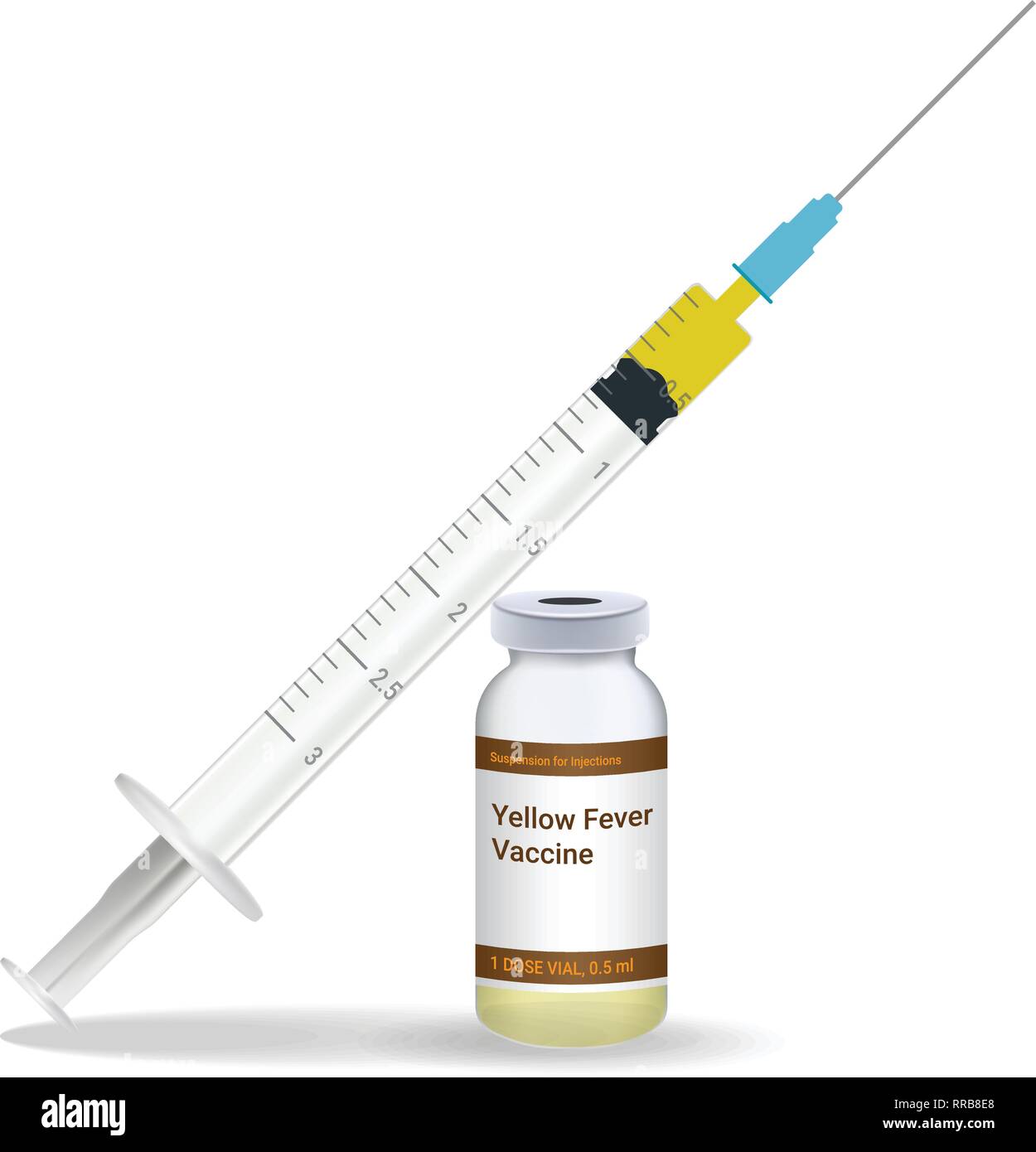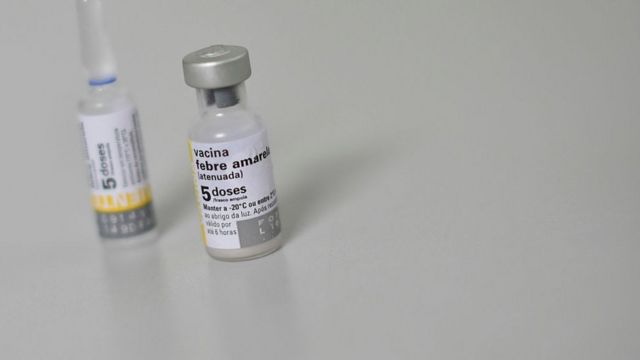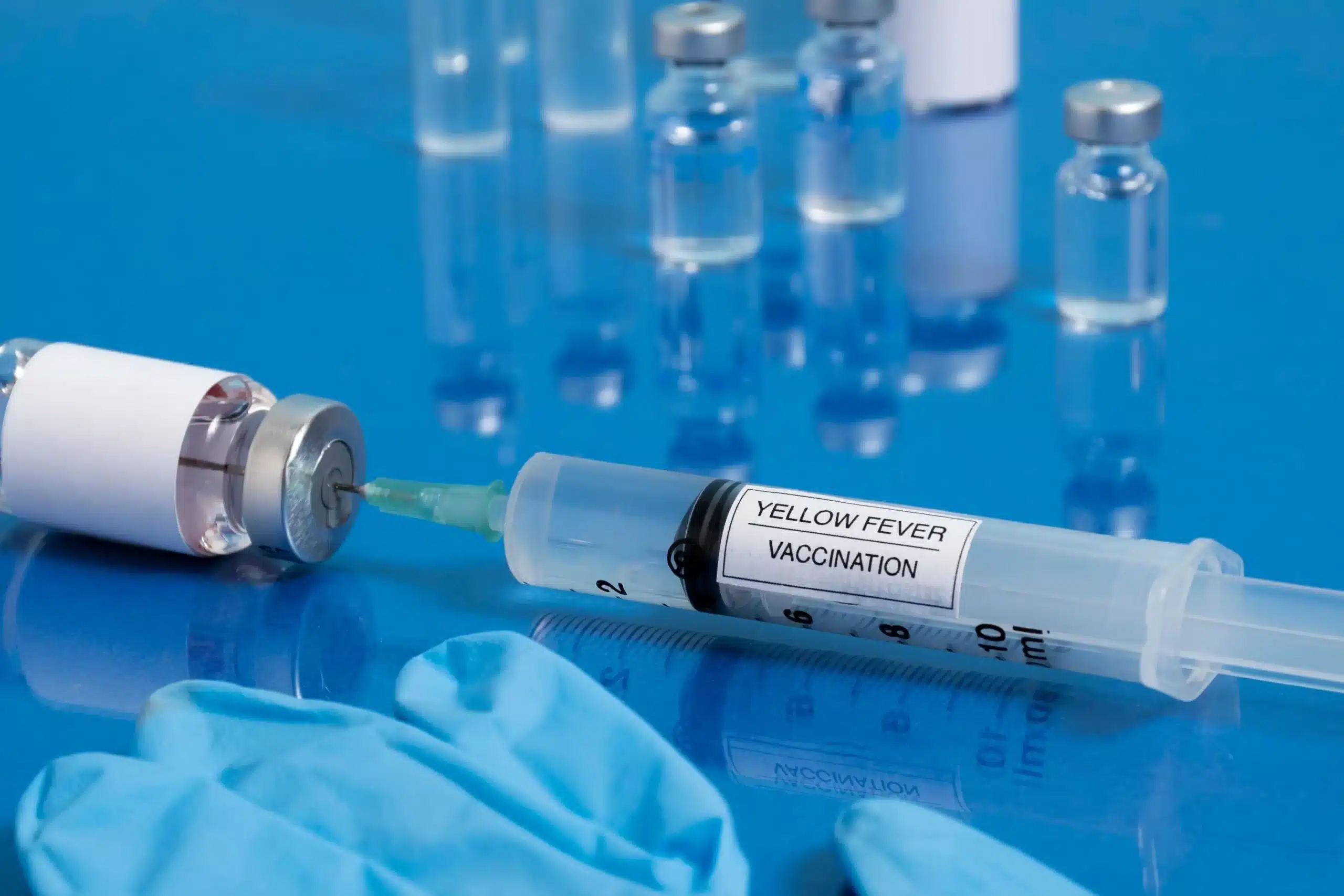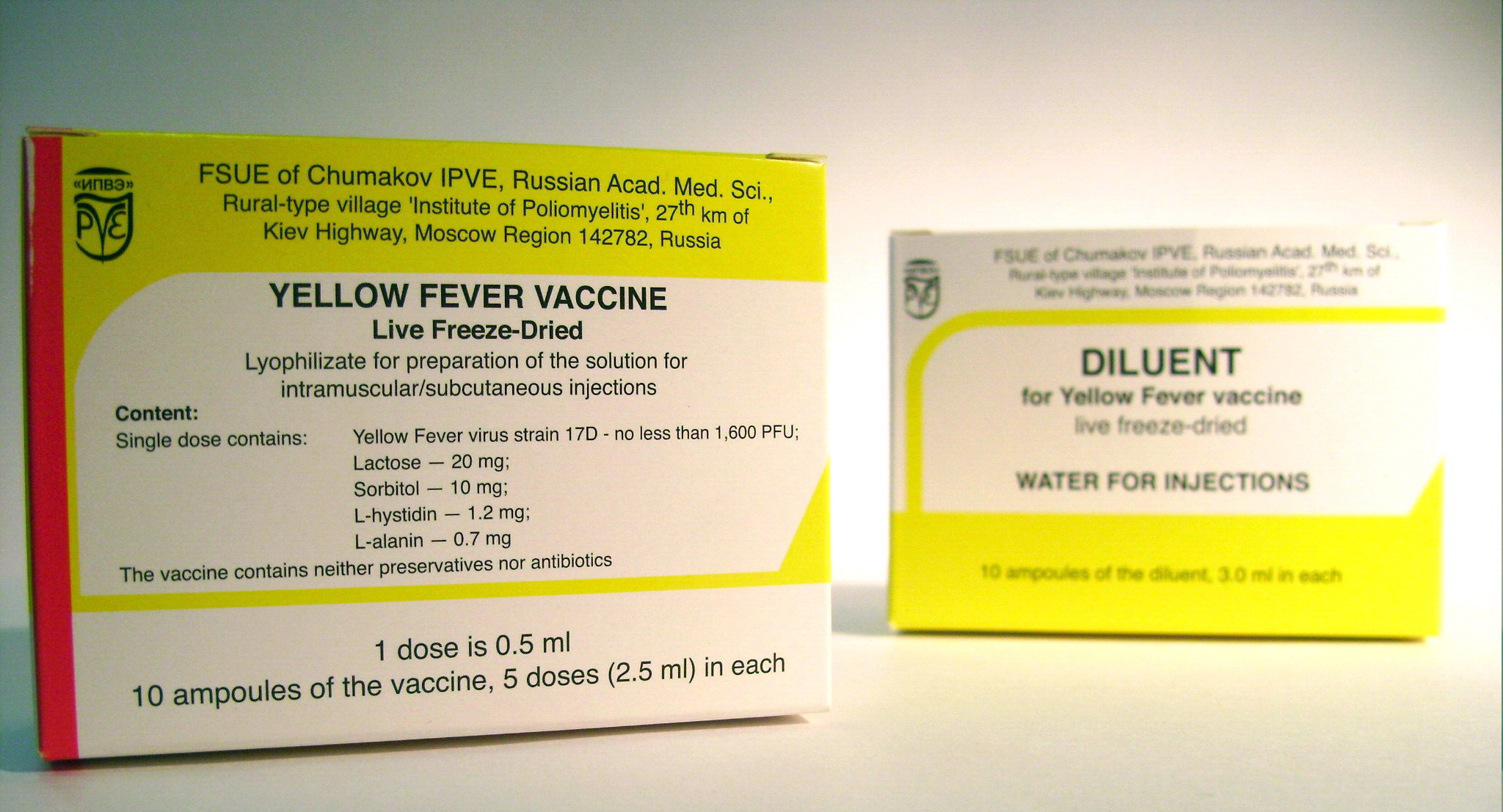Are you planning to travel to a region where yellow fever is prevalent? Or are you concerned about the risks of contracting this serious disease? The yellow fever vaccine, administered via the subcutaneous route, is a crucial step in preventing the spread of yellow fever. In this article, we will delve into the details of the yellow fever vaccine, its administration, and the expertise of the Mayo Clinic in providing top-notch care.
What is Yellow Fever?
Yellow fever is a viral disease transmitted by the bite of an infected mosquito, primarily found in parts of Africa and South America. The disease can range from mild to severe, with symptoms including fever, chills, loss of appetite, nausea, muscle pains, and headaches. In severe cases, yellow fever can lead to bleeding, shock, and organ failure, resulting in death.
The Importance of Vaccination
The yellow fever vaccine is the most effective way to prevent the disease. The vaccine is made from a weakened form of the virus, which stimulates the body's immune system to produce antibodies that fight the disease. The vaccine is typically administered subcutaneously, meaning it is injected just beneath the skin, usually in the upper arm.
Subcutaneous Route: How it Works
The subcutaneous route of administration is a common method for vaccines, including the yellow fever vaccine. This method involves injecting the vaccine into the fatty tissue just beneath the skin, rather than into a muscle. The subcutaneous route allows for a slower release of the vaccine, which can help stimulate a stronger immune response.
Mayo Clinic: Expert Care and Guidance
The Mayo Clinic is a renowned medical institution that provides comprehensive care and guidance on yellow fever vaccination. Their team of experts, including infectious disease specialists and travel medicine professionals, can help determine if the yellow fever vaccine is necessary for your travel plans. They will assess your individual risk factors, provide personalized recommendations, and administer the vaccine via the subcutaneous route.
Benefits of the Yellow Fever Vaccine
The yellow fever vaccine offers several benefits, including:
Long-term protection: The vaccine provides long-term immunity against yellow fever, typically lasting 10 years or more.
Prevention of severe disease: The vaccine can prevent severe cases of yellow fever, reducing the risk of bleeding, shock, and organ failure.
Reduced risk of transmission: By preventing the disease in individuals, the vaccine also reduces the risk of transmission to others.
The yellow fever vaccine, administered via the subcutaneous route, is a crucial step in protecting against this serious disease. With the expertise of the Mayo Clinic, you can trust that you are receiving top-notch care and guidance. If you are planning to travel to a region where yellow fever is prevalent, consult with your healthcare provider or a travel medicine specialist to determine if the yellow fever vaccine is necessary for your trip. Don't wait – take the first step in protecting yourself against yellow fever today.
Note: This article is for informational purposes only and is not intended to provide medical advice. Consult with a healthcare professional for personalized guidance on yellow fever vaccination.









